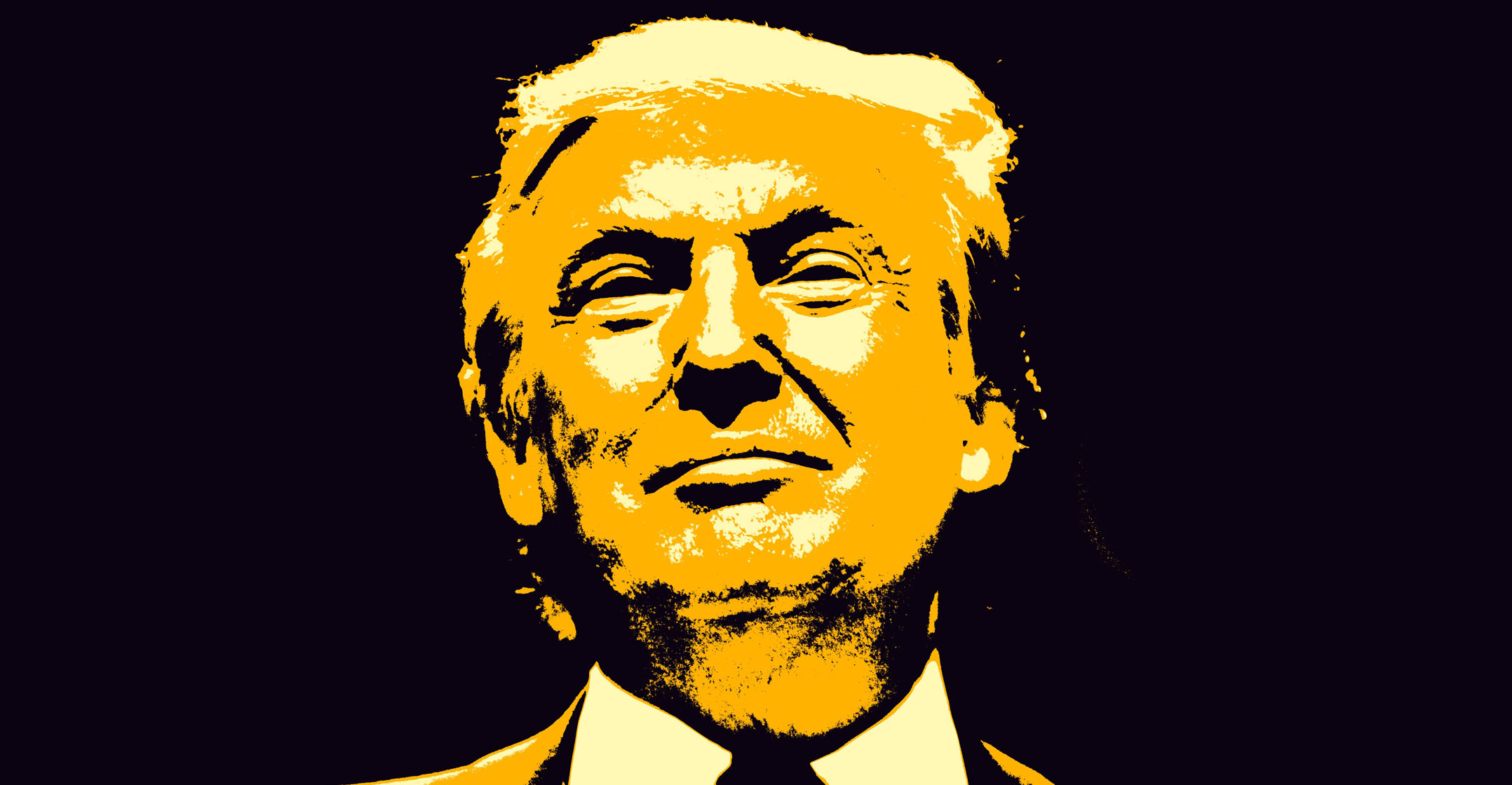Barring an intervention by incoming President Donald Trump, a US ban of Chinese short-video platform TikTok looks likely to come into effect this Sunday, leaving 170 million American users of the app out in the cold.
But the ban, done on “national security” grounds, makes America look weak.
First some background.
US politicians have been lobbying for years for TikTok parent ByteDance to sell TikTok US to an American company or be shut out of the vast US market. There was even talk of Microsoft or Oracle buying TikTok’s American operations at one point, but those discussions fell flat.
The politicians say their primary concern is that TikTok could share American user data with the Chinese government, in the process potentially compromising US national security. There is no evidence that ByteDance shares this data with the Chinese government or the Chinese communist party, but that hasn’t stopped lawmakers from seeking a ban.
Perhaps a more worrying concern is that the Chinese could tweak the TikTok algorithm to feed subtle misinformation onto Americans’ phones, potentially influencing the outcome of future elections. (Personally, I’d be more concerned about billionaires like Elon Musk and Mark Zuckerberg gaming their algorithms for political gain.)
Some states have already moved to ban TikTok, and the app is barred from use on devices issued to employees of the federal government.
‘Warm spot’
TikTok is reportedly making plans to switch off the app in the US – and disentangle itself from that market – if the ban goes ahead on Sunday. The US supreme court could still overturn a ban, and according to the Washington Post, Trump – who has said he has a “warm spot” in his heart for TikTok – is considering an executive order that would postpone the enforcement of the ban by up to 90 days.
Trump reportedly wants to find a way of protecting Americans’ data from Chinese government snoops while ensuring the app, which is hugely popular among young people, continues to be available in the US. That’s a much more sensible approach than an outright ban, which flies in the face of America’s constitutional commitment to freedom of speech.
Read: China mulls option of selling TikTok US to Elon Musk
Doing what China does – banning American apps like X, Facebook and Instagram – not only makes America look weak; it’s also the kind of draconian move you’d expect from an authoritarian government (like China’s), not from the country that positions itself as the leader of the free world.
Now I have views on TikTok, and they’re not particularly positive. I have tried the app in the past, and I don’t like it (at almost 52, I’m not the target market). Also, the vast number of device permissions it demands during installation made me uncomfortable and so I deleted it from my phone. The permissions sought by Instagram and Facebook also make me break out in a sweat and they may be next to go. And I’m not even going to mention the content on there — most of it is real brain-rot stuff.

But this is no reason to ban these apps. Users know the deal they’re signing up for – their information is going to be used to target advertising at them. ByteDance does the same, but there’s no evidence that it is feeding any of this data to the Chinese politburo. Doing so would be commercial suicide.
Why are the Americans so paranoid about the Chinese? Do they have reason to be fearful of an app? There is certainly plenty of evidence that the Chinese are engaged in espionage in the US, but we also all know that the US National Security Agency – the agency that tapped and probably still taps directly into subsea broadband cables to spy on global internet traffic – is engaged in similar espionage. Governments have been doing this stuff for decades – centuries, even – and it’s not going to stop. Technology has simply changed the way it’s done and the scale at which it can be done.
China bans many American apps from its citizens, from Facebook to X. It actively uses censorship as a weapon to silence critics of the communist regime and has erected a “Great Firewall” around the internet to promote “social harmony” (read: stop social unrest that could lead to an uprising against the government). And that’s wrong.
But America now risks becoming like China by prohibiting a Chinese-made app from its shores – and doing so in the absence of any evidence that the app is being used by China to game political outcomes or spread misinformation. Banning TikTok amounts to Chinese-style censorship that erodes America’s commitment to free speech. Remember, TikTok has repeatedly said that US user data is already stored on US servers and that it would never share this information with the Chinese government. Holding it to that promise through regulation can’t be that difficult.
Elon Musk, owner of X, has, to his credit, sharply criticised the looming ban; Meta’s Mark Zuckerberg has mostly kept his mouth zipped on the topic, presumably because he sees Meta benefiting from a ban.
Bully-boy tactics
One of the last actions by the outgoing Joe Biden administration was to limit the sale of high-end chips used in artificial intelligence to all but a handful of America’s closest allies around the world, for fear that the technology could end up in Chinese hands. Well, guess what, President Biden … moves like that will only harden Chinese resolve to become technologically self-sufficient. In the longer term, it will serve to weaken America more than it inflicts harm on China.
The Americans are seemingly paranoid about China. They justify their actions by saying they’re designed to protect US national security. Around the world, there is a growing view that the US, once a leading proponent of globalisation, is using “national security” as a fig leaf, that its real motivation is protecting its commercial interests, and that it is resorting to bully-boy tactics to try to fend off the rise of its first real global economic rival in decades.
Rather than conveying strength to the world, the US’s moves against China — including the impending ban on TikTok — make it look weaker and more vulnerable than it is. – © 2025 NewsCentral Media
- The author, Duncan McLeod, is editor of TechCentral
Get breaking news from TechCentral on WhatsApp. Sign up here.





